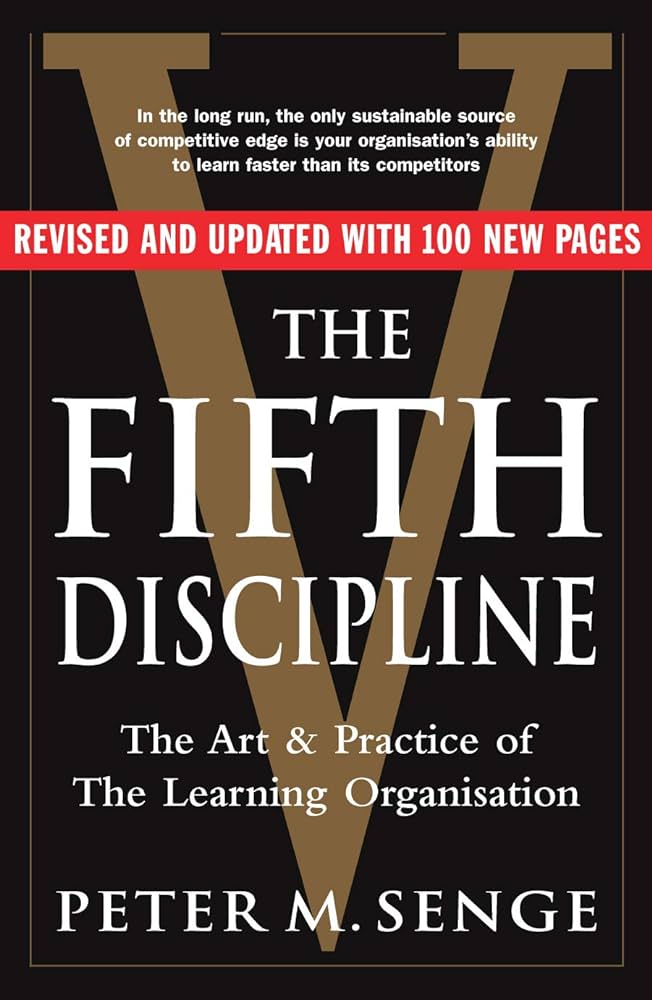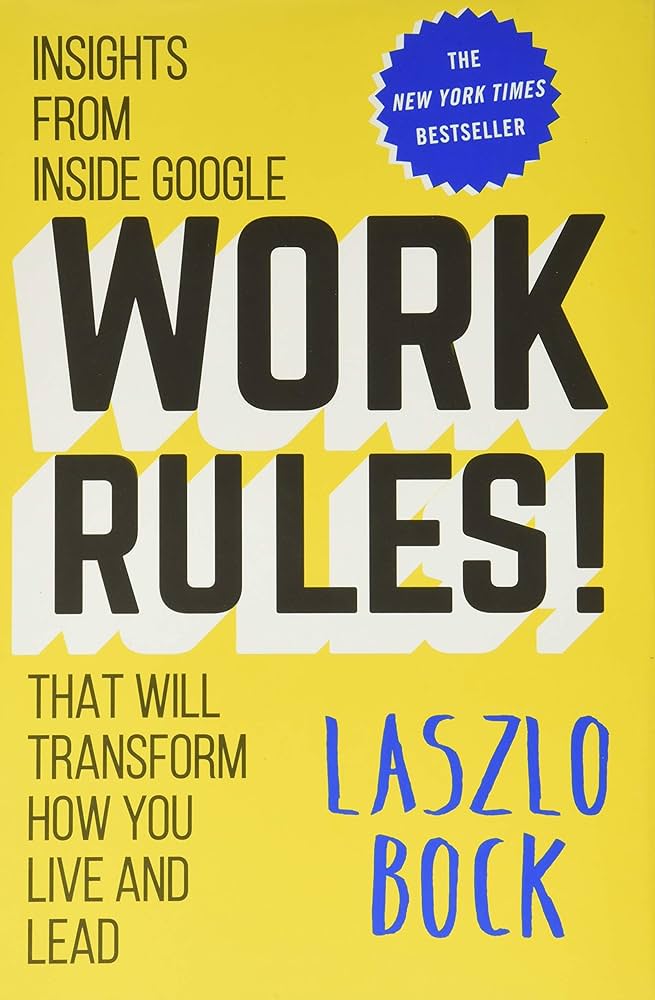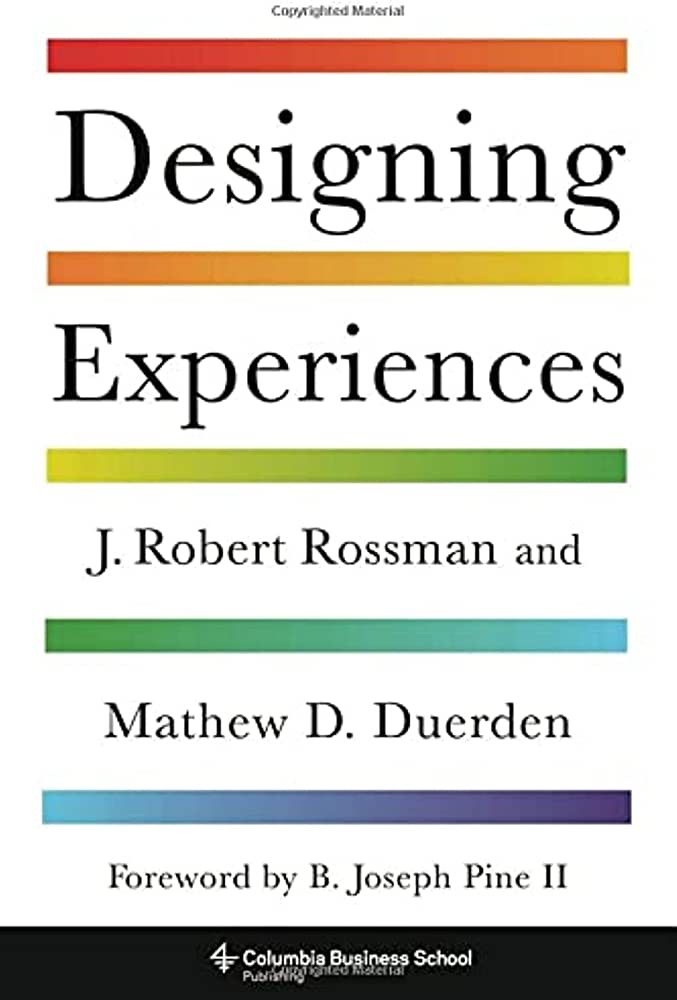See All
Sort by:
Susan Cain explores the overlooked value of introverts, challenging societal norms that undervalue introverted qualities, and illustrates how they contribute profoundly to the world.
Laszlo Bock depicts Google’s corporate culture and explains how it is applicable to many other environments. He believes that people are fundamentally good and should be trusted.
Sorensen provides a behavioral psychology perspective on shopping and lessons for success in retail. He has spent 40 years working with retailers and consumer goods companies to develop his methodology.
This book is a guide to the latest in neuroscience and its multi-faceted applications in marketing, authored by a leading authority on neuromarketing research with extensive practical experience.
Author Thomas Lockwood along with various experts explore how the design and product development strategies of the modern world have changed and adapted to the new environment around us.
This book is written by and for marketing professionals. The authors divide the brain into three parts, and single out the ‘old brain’ as the most important part to target.
The best book reviews in your inbox!
Subscribe now and receive a special gift with your subscription.
The authors apply their knowledge on the subject with their firsthand experience with gaming concepts to create a guide to gamification and its application within the business environment.
The author is a professor of behavioral economics and seeks to reveal the hidden forces that shape our decisions, including some of the reactive causes of the 2008 financial crisis.
Brian Burke’s book offers an excellent introduction to gamification and a very useful, albeit generic, guide to developing gamified solutions. Burke also seeks to dispel common misconceptions about gamification.




 Copy Link
Copy Link
 E-mail
E-mail
 LinkedIn
LinkedIn
 Facebook
Facebook
 Telegram
Telegram
 WhatsApp
WhatsApp





























 Go Back
Go Back